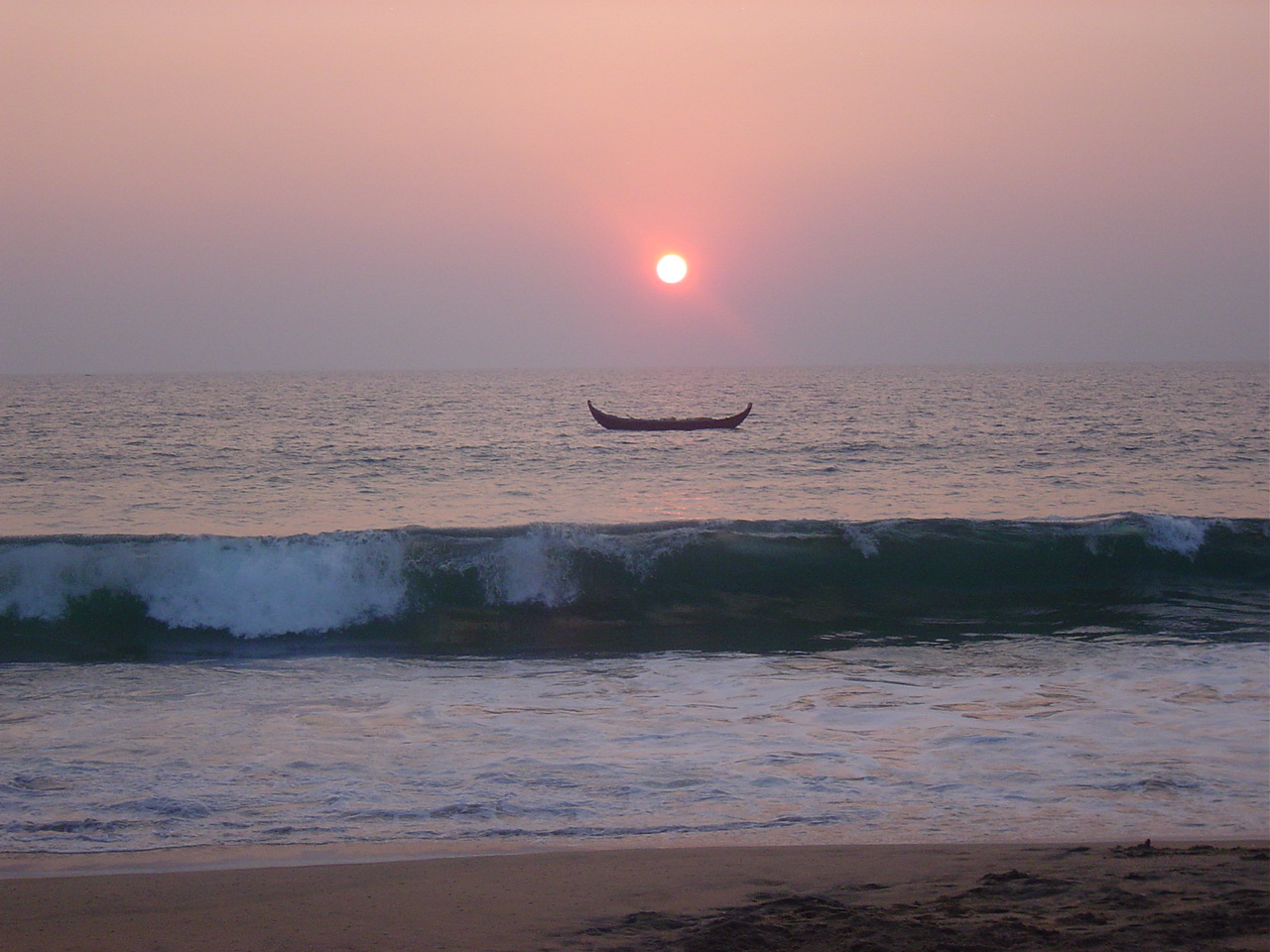Innovations from East India

There is no question about India’s leading position in Information Technology. It may be surprising, however, that the communistically governed state of West Bengal (which has been so for 30 years now) has made amazing progress with regard to IT and is now showing the highest growth rates in India. Through reforms following the Chinese example, the democratically chosen government is actually pursuing the aim of ensuring education and prosperity for the over 80 million inhabitants. Kolkata, West Bengal´s capital, is turning into one of Asia´s new High-Tech centres. Also here, the technical revolution has led to the construction of various IT parks and Special Economic Zones. In Kolkata for example, after Sector V in Salt Lake and New Town in Rajarhat a third IT-centre with 630 acres of land is at present arising covering nearly 3 times the area of Salt Lake. Other flourishing IT centres of West Bengal with software technology parks can be found in the cities of Durgapur, Kharagpur, Siliguri and Haldia. Investors can profit from West Bengal`s main strengths: a cooperative government, low cost of operations, highly qualified staff, reliable availability of energy (a rare thing in India), the required infrastructure and good contacts with consulates and associations – all which make this region interesting, and not just for the IT industry. The professed aim of the government is to be one of the Top 3 Indian IT locations in 2010. These plans appear practicable if, as announced, large parts of the population can have access to education and technology competence as well as knowledge of government business (E-Governance). Researchers of West Bengals academic institutions, such as the renowned Indian Institute of Technology Kharagpur not only ensure the education of highly qualified employees but are already cooperating closely with the IT industry. The positive technological changes lead to increased internationalization. West Bengal is becoming a strategic investment location for East and West. Su Yu Xi, China’s ambassador in India, regards Kolkata as the knowledge capital of the country and is certain of the strategic advantages for Chinese business people there. The first large Chinese investment for an Indian IT project will therefore take place in Kolkata. In 2006, the year of the Chinese-Indian friendship, the construction of the Bengal Peerless Nanjing High Tech Industry Investment Zone for 6 million U.S. dollars was agreed upon and initiated in March 2007. Both China and India see the necessity for intensified technological cooperation. Knowledge-based technologies like IT and biotechnology will be promoted in the new zone. After Nanjing, Bengal is planning cooperations with all the Chinese provinces, the first will be Beijing. Apart from this High-Tech zone, AXIS, a futuristic shopping centre with a range of Chinese and European goods on display will also emerge in New Town, Rajarhat. One cultural highlight of this lifestyle complex completed in the summer of 2008 will be a Mozart centre, and even more European presence is possible. This increased orientation to Europe is discernible through innovative media projects like the new European-Indian news agency INEPNEXT or the Bengal Website Europe News Today, projects with the aim of strengthening the exchange of knowledge and experience between the two continents. Kolkata’s principle focus in Europe is Germany. The German ambassador in India, Bernd Mützelburg, is impressed by the new look of the “City of Joy”, Kolkata. He confirms the great support of the dynamic Chief Minister Buddhadeb Bhattacharjee for German investments (e.g. the recent “Hunger Hydraulics”) and points to the corresponding German response like the direct flight from Kolkata to Frankfurt three times a week. Inseparable links between Germany and West Bengal have now been forged and the time has come to diffuse the strengths of this knowledge and technology region to a broader audience.
Text: Anita Shukla
Picture: (c) Purvi Shah-Paulini
Episode 3/21: Wisdom Workshop Chapter 3 “Choice”
“Everything in your life is a reflection of a choice you made. If you want a different outcome, make a different choice.” – Unknown
This chapter is the last with our wonderful Julia Hayden, who has decided to focus on her vocation of “body whispering” and helping her clients get better connected with themselves.
And that’s what this chapter is all about. Whatever choice you make, stick with it. Give that choice a chance to thrive. Who do you want to be around with? What do you occupy yourself with throughout the day? What am I eating today or reading or watching TV?
I have decided to continue with the Wisdom Workshop podcasts. Julia, thank you for the wonderful time we have had together in our interviews and sharing of ideas. It has been very inspiring and I have learned a lot from you as well.
With a deep bow.
Episode 02/21: The Wisdom Workshop Chapter 02 „Leadership in the Future“
In today’s chapter we discuss about what skills and thoughts do leaders need in future?
Mindsets of the last century cannot bring solutions for the future. How can mindsets be formed that support future developments and that include complex crisis that humanity is going to face e.g. climate change in which we are already in? It is actually simple, because indigenous people live accordingly. What can we learn from them?
Watch this video and enjoy our conversation.
Episode 1/21: The Wisdom Workshop Chapter 1/21 “We are many. Whom do we identify with?”
“The Fall, a time when the illusion of the Maya fades away, a freedom from the identification with the illusory persona. For as the trees let go of their leaves to embrace the new season each year, there is no need to fight the shadows that form the illusion or the masks that form our egoic personas, but rather enjoy the illusion for what it is and find the freedom to accept and play a role outside of identification.” ― Virgil Kalyana Mittata Iordache
We do identify ourselves with that what we have achieved, what we have gathered or bought. We identify ourselves through our roles. We have actually lost the deeper connection to love, knowledge and order. By losing this we lost connection to our infinite resources.
We shall not forget that there are infinite resources. Per definition, an infinite resource doesn’t become less, because we use it.
Episode 25: The Wisdom Workshop Chapter 9 Retrospection 2020 (in German with subtitles in English)
Julia and I look back on an eventful year 2020. We share our personal impressions in this corona time and talk about what the episodes and the different interviews have touched, inspired and made us think in which way. Stay healthy and we look forward to a happy reunion in 2021.
Enjoy watching or listening to our conversation.
Episode 24: Die Weisheitswerkstatt über “Wuwei – Flow” Interview mit Andreas Andy Artmann
Der Begriff Wu wei, auch Wuwei stammt aus dem Daoismus. Er wird definiert als Nichthandeln im Sinne von eines naturgerechten Handelns. Wu Wei bedeutet nicht, dass man gar nicht handelt, sondern dass die Handlungen spontan in Einklang mit dem Dao entstehen. Dadurch wird das Notwendige leicht und mühelos getan und sowohl Übereifer, als auch blinder Aktionismus (die als hinderlich betrachtet werden) vermieden. Es ist ein Zustand der inneren Stille, der zur richtigen Zeit die richtige Handlung ohne Anstrengung des Willens hervortreten lässt. „Wu-Wei meint im Kern, Handlungen an der Natur der eigenen Individualität auszurichten, anstatt am rein kognitiven, nutzen orientierten Willen.“
Viel Spass beim Zuhören oder anschauen des Videos. Andreas‘ erfrischende und leichte Art macht Freude.
No Results Found
The page you requested could not be found. Try refining your search, or use the navigation above to locate the post.

